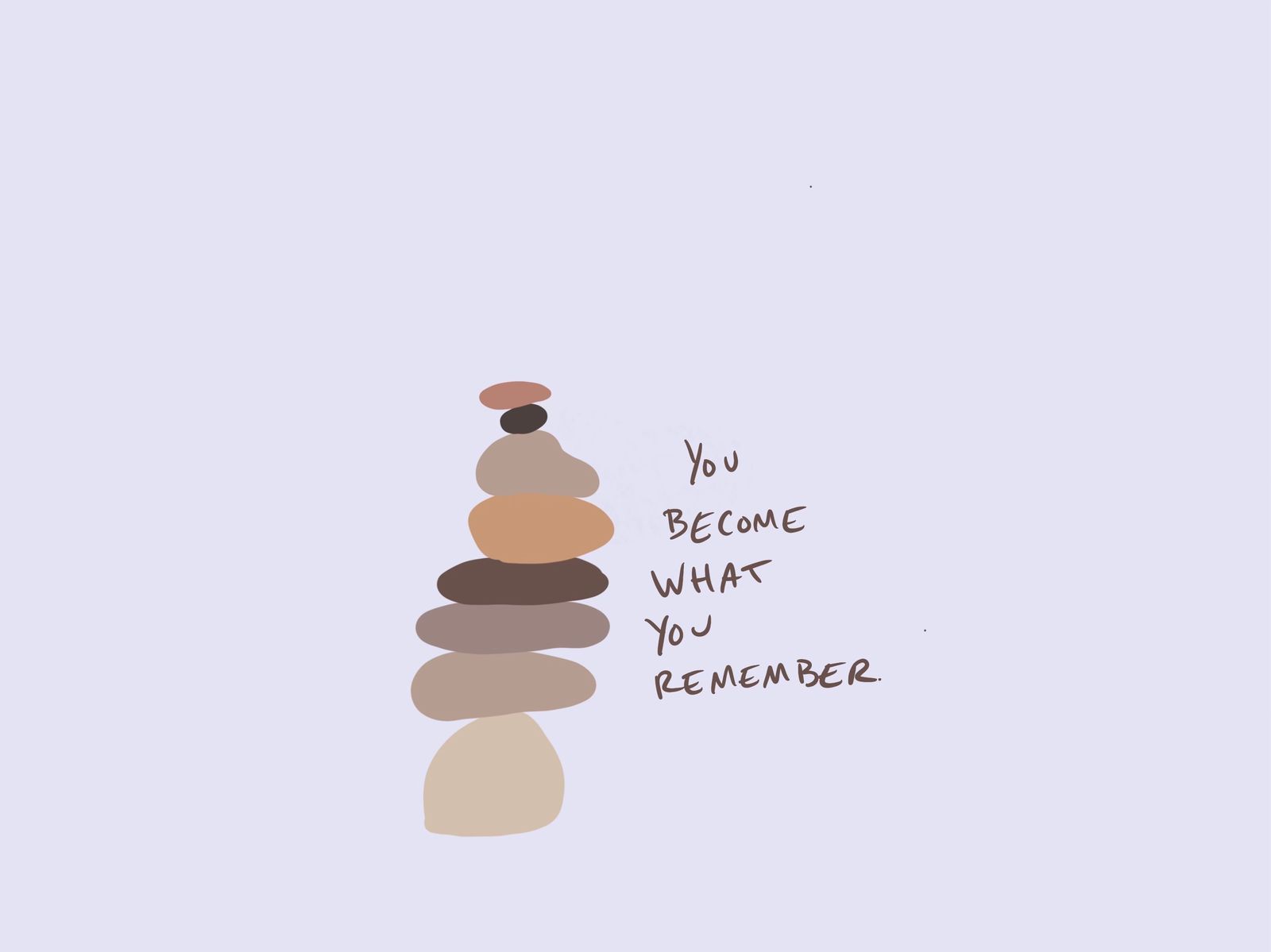Holding my phone, I saw my newborn nephew connected to tubes in an ICU bed a thousand miles away. A mask covered his nose and mouth, like the kind fighter pilots wear, so he could breathe. His parents looked both brave and terrified, dead-tired and endlessly awake, bathed in a perpetual baptism of adrenaline: the patented hospital room look. The prayer I prayed first, like a reflex, is telling, it's one I've prayed more than once in my life: "not again, Lord, please, not again."
I've prayed it while I miscarried again and again and again. I've prayed it watching seizures charge along one after another. I prayed it now because this was not the first child they'd lost. "Not again, Lord," is the opening volley in the ceaseless prayer I pray when I feel helpless. And that is how I felt, clawing my phone, watching responses tumble along on the family text: completely and utterly helpless.
No one likes feeling this way: so totally dependent and small and vulnerable. It's the larger reality we live in that we try not to acknowledge. We all began life totally fragile, delicate, and defenseless, and we'll all end there too, trusting to the people around us to shelter us and care for us. Helplessness insists that we trust. It's naked receptivity. An emptiness that needs filling. This must be the best position to pray from. Even though my prayer of helplessness had an inauspicious start: "not again, Lord," it was still a start. An instinctual wail: this isn't how it's supposed to be.
They were in the hospital, watching vitals rise and fall like so many Everest-tall mountains and valleys they scaled, summited, and descended 80 times a minute. And my prayers were there with them.
Little girl pulled on my arm, saying something I didn't hear.
Theoretical physicist Michio Kaku speculates that thought is faster than light, because, unlike light, thought doesn't have to travel through physical space. It's not bound by geography or constrained by time. Thoughts are instanteous, they can collapse time and space and put you wholy in another place in your imagination in a moment. What is prayer if not thought and feeling straining hungrily toward some greater, supernatural source? Like the newborn child placed wriggling and wailing on my chest incredibly alive, instinctually rooting for nourishment and warmth. So fragile and helpless, yet so resilient, protected by a powerful love, straining toward that source.
Our pediatrician once told me about a video she saw in med school: a baby just born, still attached to the umbilical cord and placed on his mother's stomach, squirmed enough to reach and latch on to his mom's breast without any instruction or intervention. "We think they're so helpless," she said, "but they come with such powerful survival instincts."
Praying, like breathing or eating, is a powerful instinct.
Fragility and resilience are two heads of the same coin, often contained in the same breath, thought, prayer, moment. A beautiful, mysterious, frustrating paradox constantly expressing itself.
A text popped up on the thread, "he's a fighter."
"Mama, you said you'd play a game with me," Little Girl tugged at my arm again, "put your phone down."
I took a deep breath—why did it feel so traitorous to breath? It's a reflex, instinct, I don't control it—my prayer changed, one word, one breath. Inhale: grace, exhale: trust. I tried to send my breath a thousand miles away, with my prayer, to my nephew. Inhale: grace. Exhale: trust.
I did the most radically trusting thing I could think of: I put my phone down. Letting go is hard. Open hands that are empty but are supposed to be full—those are the hardest hands to keep open. I wanted to keep clawing my phone, waiting in the room with them. But that wasn't where I was called to be, there was no grace to carry me through. I closed my open hands around the deck of cards Little Girl offered to me, returning slowly to the present here and now. I shuffled, she dealt. We played a few rounds. I don't know who won. I kept breathing and so did my nephew.
There is a grace you participate in and a grace that carries you. One day, I'll write a book about it. About the difference and the experience and what I think it might possibly say about God. Until then, I can say this: every time I pray, especially when it begins, "not again, Lord," I am wailing for the love I instinctually know will nourish me.





